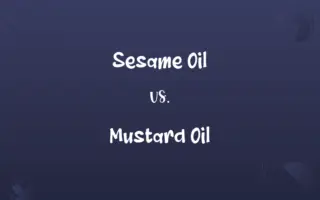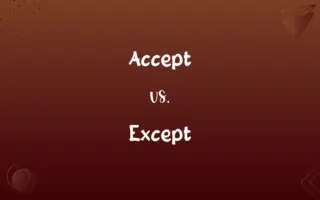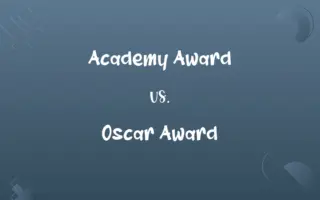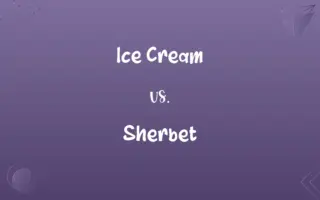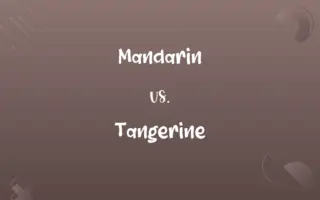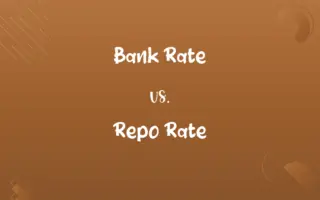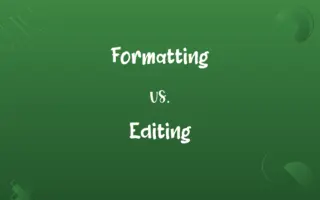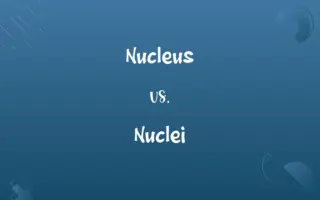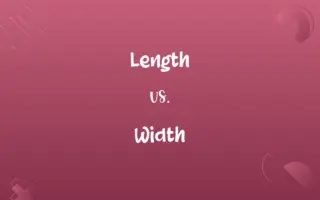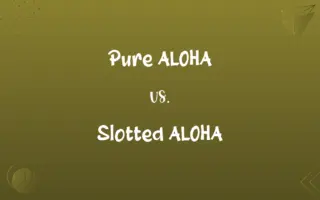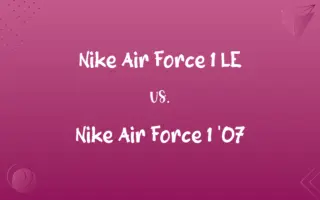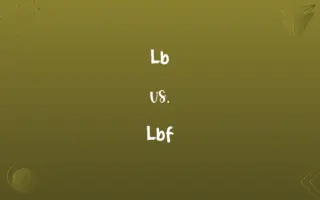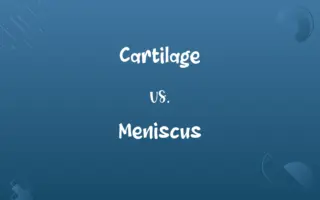Your vs. You’re: Know the Difference

By Shumaila Saeed || Published on January 16, 2024
"Your" is a possessive adjective indicating something belongs to you, while "You're" is a contraction of "you are."
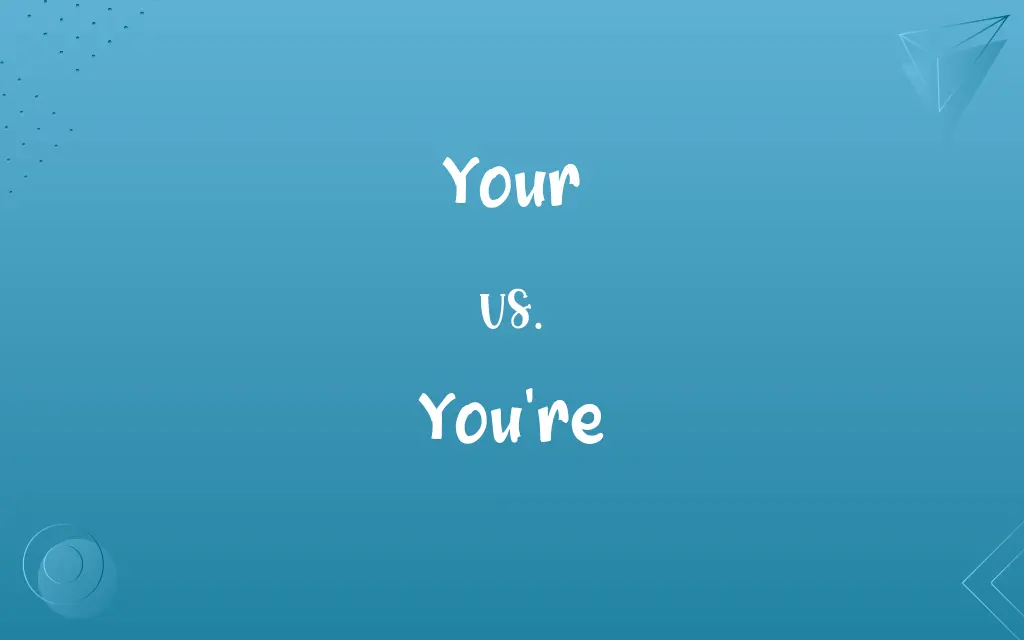
Key Differences
"Your" is used to denote ownership or association, implying that the object or idea being discussed belongs to or is related to the person being spoken to. For example, in the sentence "This is your book," the word "your" indicates that the book belongs to the person being addressed. On the other hand, "You're" is a contraction combining the words "you" and "are." It is used to describe a state of being or an action, as in "You're going to the store," where "You're" means "you are."
Shumaila Saeed
Jan 16, 2024
In usage, "Your" is typically followed by a noun or a noun phrase. It is an adjective that modifies the noun, providing a possessive context. For instance, "Your opinion matters" indicates that the opinion belongs to the person being addressed. Conversely, "You're" is followed by a noun, adjective, or present participle, serving as a part of a verb phrase. For example, "You're welcome" implies "you are welcome," indicating a state of being welcomed.
Shumaila Saeed
Jan 16, 2024
In grammar, "Your" has no other grammatical variants; it remains the same regardless of the context. It is always used in possessive cases. However, "You're" can only be used when it can be expanded to "you are." It is incorrect to use "You're" in a sentence where "you are" does not make sense. For example, "You're my best friend" is correct because it can be expanded to "You are my best friend."
Shumaila Saeed
Jan 16, 2024
Misuse of "Your" and "You're" is a common error in English writing. Using "Your" when "You're" is intended changes the meaning of a sentence. For example, "Your funny" suggests something belongs to you and is funny, while "You're funny" means that you are amusing or humorous. Understanding the difference is crucial for clear and correct English communication.
Shumaila Saeed
Jan 16, 2024
Comparison Chart
ADVERTISEMENT
Grammatical Use
Modifies a noun, showing possession
Replaces "you are" in a sentence
Shumaila Saeed
Jan 16, 2024
Error in Use
Incorrect if used to describe a state of being
Incorrect if used to show possession
Shumaila Saeed
Jan 16, 2024
Your and You're Definitions
Your
Refers to something that a person has a connection with.
Your idea is brilliant.
Shumaila Saeed
Jan 06, 2024
ADVERTISEMENT
Your
Used to describe something associated with a person.
Your performance was outstanding.
Shumaila Saeed
Jan 06, 2024
You're
Expresses a condition or situation of the person addressed.
You're in charge now.
Shumaila Saeed
Jan 06, 2024
Your
Shows a personal relationship to an object, idea, or situation.
Your appointment is at 3 PM.
Shumaila Saeed
Jan 06, 2024
You're
Combines the subject "you" with the verb "are."
You're my inspiration.
Shumaila Saeed
Jan 06, 2024
ADVERTISEMENT
Your
Indicates something belongs to the person being addressed.
Your phone is ringing.
Shumaila Saeed
Jan 06, 2024
You're
Indicates the present action of the person spoken to.
You're running late.
Shumaila Saeed
Jan 06, 2024
Your
Suggests possession or belonging in a broad sense.
Your contributions to the team are valuable.
Shumaila Saeed
Jan 06, 2024
Your
(Informal) Used with little or no sense of possession to indicate a type familiar to the listener
Your basic three-story frame house.
Shumaila Saeed
Jan 05, 2024
Your
Belonging to you; of you; related to you (singular; one owner).
Let’s meet tomorrow at your convenience.
Is this your cat?
Shumaila Saeed
Jan 05, 2024
Your
A determiner that conveys familiarity and mutual knowledge of the modified noun.
Not your average Tom, Dick and Harry.
Your Show of Shows
Your World with Neil Cavuto
Not Your Average Travel Guide
Shumaila Saeed
Jan 05, 2024
Your
(Ireland) That; the specified (usually used with a human referent)
Your man just bought a new car.
Have you seen what your one over there is doing?
Shumaila Saeed
Jan 05, 2024
Repeatedly Asked Queries
When should I use "your"?
Use "your" to show possession, like in "Your book."
Shumaila Saeed
Jan 16, 2024
Is "your" used for singular or plural?
"Your" can be used for both, as in "Your cat" (singular) or "Your cats" (plural).
Shumaila Saeed
Jan 16, 2024
What part of speech is "you're"?
"You're" is a contraction, combining a pronoun "you" and a verb "are."
Shumaila Saeed
Jan 16, 2024
Can "your" and "you're" be used interchangeably?
No, they have different meanings and uses.
Shumaila Saeed
Jan 16, 2024
Is "you're" informal because it's a contraction?
It's informal, but also appropriate in formal writing.
Shumaila Saeed
Jan 16, 2024
Is it common to confuse "your" and "you're"?
Yes, it's a common mistake in English writing.
Shumaila Saeed
Jan 16, 2024
Does "you're" have a possessive form?
No, "you're" is always a contraction of "you are."
Shumaila Saeed
Jan 16, 2024
Is there a plural form of "your"?
No, "your" is used for both singular and plural.
Shumaila Saeed
Jan 16, 2024
How do I choose between "your" and "you're"?
Use "your" for possession, "you're" for "you are."
Shumaila Saeed
Jan 16, 2024
Are there any exceptions to the use of "your"?
No, "your" is always used to indicate possession.
Shumaila Saeed
Jan 16, 2024
Can "your" be omitted in a sentence?
No, it's necessary for indicating possession.
Shumaila Saeed
Jan 16, 2024
Can "your" indicate emotional possession?
Yes, as in "Your happiness matters to me."
Shumaila Saeed
Jan 16, 2024
How can I remember the difference between "your" and "you're"?
Remember "you're" can be replaced with "you are."
Shumaila Saeed
Jan 16, 2024
Can "you're" be used in all tenses?
No, "you're" is only present tense, as in "you are."
Shumaila Saeed
Jan 16, 2024
Is "you're" acceptable in academic writing?
Yes, but avoid contractions in very formal academic writing.
Shumaila Saeed
Jan 16, 2024
Can "you're" be used in questions?
Yes, like in "You're coming, aren't you?"
Shumaila Saeed
Jan 16, 2024
Share this page
Link for your blog / website
HTML
Link to share via messenger
About Author
Written by
Shumaila SaeedShumaila Saeed, an expert content creator with 6 years of experience, specializes in distilling complex topics into easily digestible comparisons, shining a light on the nuances that both inform and educate readers with clarity and accuracy.
